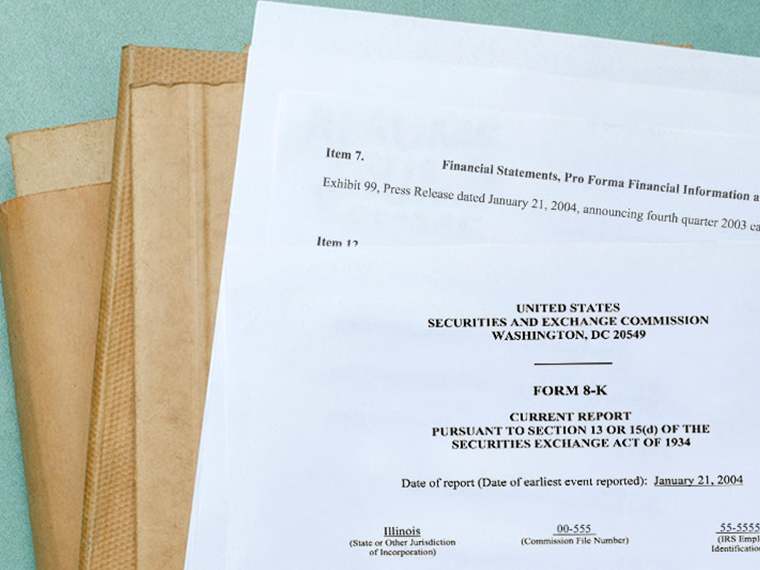Companies that use loss carry-forwards to offset future tax liability, instead of claiming a refund, enjoy favorable lending terms
Companies that suddenly suffer a money-losing year often find that they qualify for a refund from Uncle Sam for some of the taxes they paid in better times.
But as tempting as that cash-back offer can be, there may be a good reason for a business to forgo a tax refund: By declining it, and opting instead to apply recent losses to offset future profit, a company can send a strong signal to lenders and investors that its financial outlook is brightening. Among other benefits, that could cut the company’s future borrowing costs.
Those findings highlight a working paper by UCLA Anderson’s Daniel Saavedra and John S. Hughes. They studied U.S. public companies eligible for tax refunds between 1987 and 2012 that subsequently borrowed money in the syndicated bank loan market. That market parcels up corporate loans among a group (syndicate) of banks as a way to reduce lender risk. It’s the main source of loans for companies facing possible financial distress.
Opt In to the Review Monthly Email Update.
The authors chose 1987 as the start of their sample period because that was the first year companies began providing supplemental financial disclosures about taxes paid to, or refunds received from, tax authorities.
Every company Saavedra and Hughes studied had a choice: get a tax refund for some or all of the recent losses incurred, or carry them forward on their books. Under the tax code, if a company suffers a net operating loss in any given year it can either offset taxable income in the prior two years, generating a refund, or carry the loss forward on its books for up to 20 years to reduce future tax bills.
The authors suggest that the decision to do without a tax refund becomes a “credible communication device” a company can use to signal to markets that management sees the business improving.
And the study provides evidence that lenders respond positively to that signal: Borrowers that chose to forgo a tax refund paid 20.8 basis points less, on average, than refund claimers, or an interest rate about 8.6 percent lower. The average loan size for the firms in the study was $247 million, so the companies that opted against a tax refund saved an average of $500,000 in annual interest compared with the refund claimers, the paper says. (Note: The authors controlled for other potential explanations for the decision to forgo a refund, such as the risk that investment tax credits a company previously claimed would be disallowed.)
Another indication of how lenders treated the two company groups differently: Loan contracts for firms that claim refunds “tend to include a greater number of restrictive covenants and collateral requirements than for firms not receiving tax refunds,” the authors write. Covenants are clauses that force borrowers to maintain certain financial standards, such as a minimum net worth, to protect lenders’ interests. Many such covenants penalize companies by restricting management’s financial flexibility.
Ultimately, if companies claiming a tax refund are signaling relative pessimism about future earnings, the question becomes whether profit, in fact, falls short. The study presents evidence that firms claiming a tax refund indeed are “more likely to experience lower profitability for up to four future years,” compared with companies that forgo refunds, Saavedra and Hughes write.
Featured Faculty
-
Daniel Saavedra
Assistant Professor of Accounting
-
John S. Hughes
Emeritus Professor of Accounting
About the Research
Saavedra, D., & Hughes, J.S. (2019). The information content of forgoing tax refunds: Evidence from private debt contracts.






